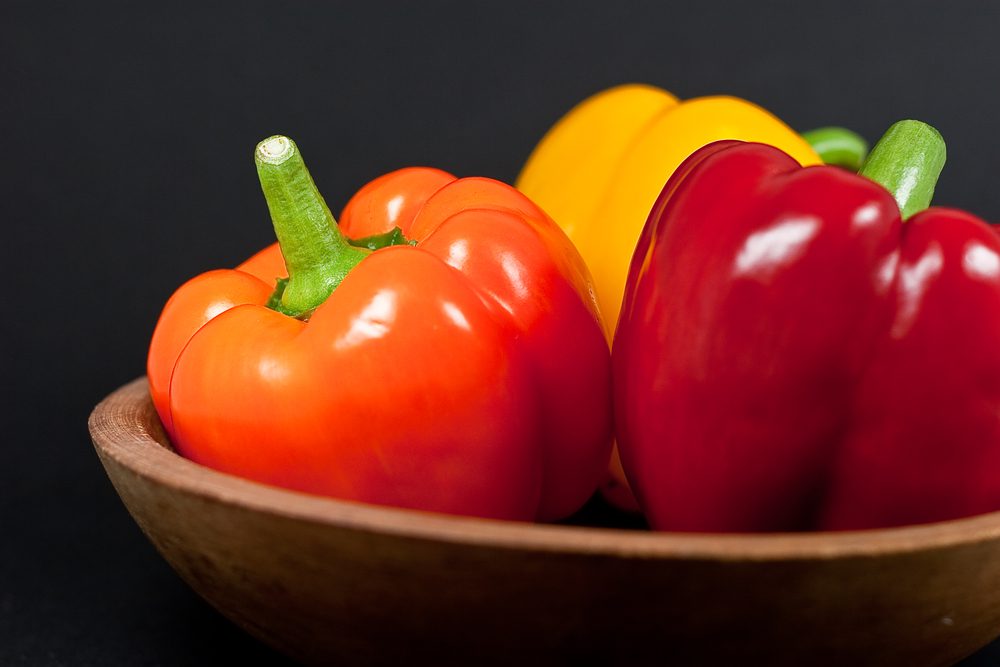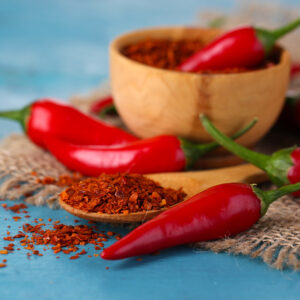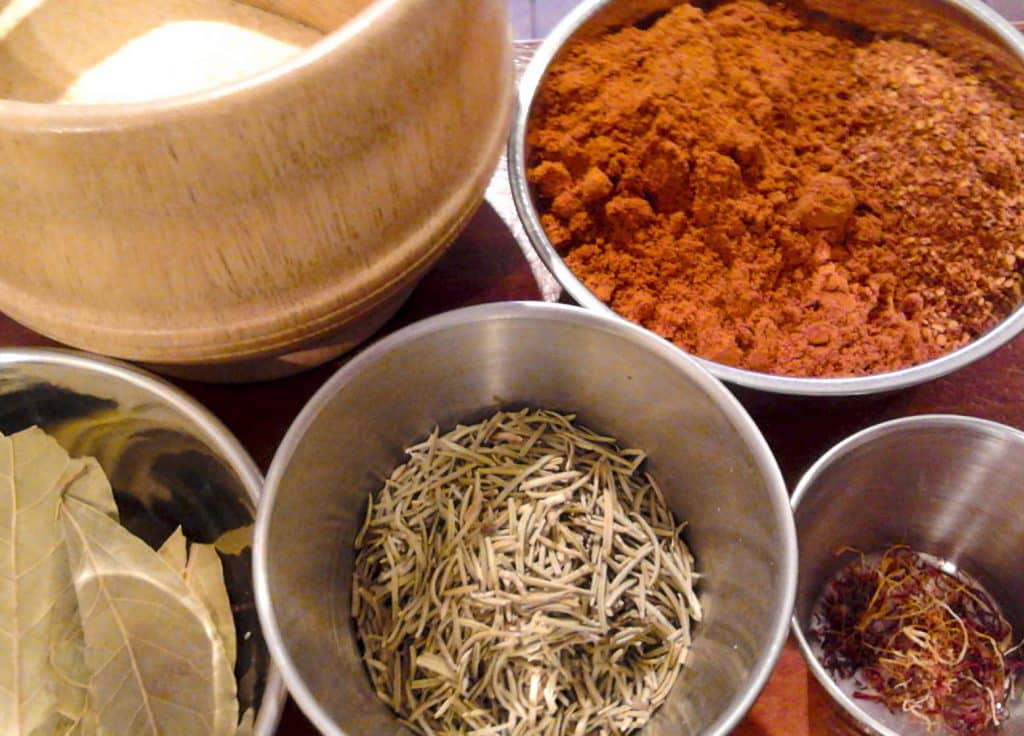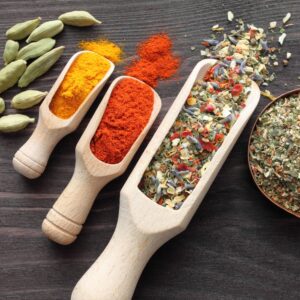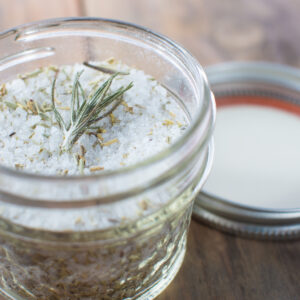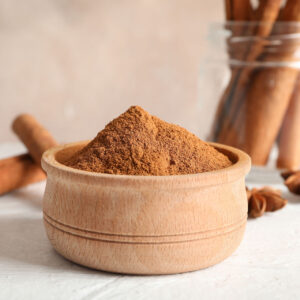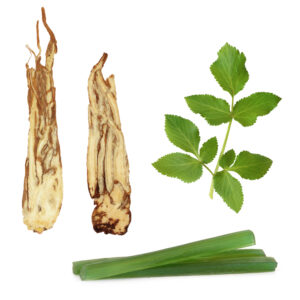Why Bell Peppers Are a Good Example of Summer Vegetables
You probably have not considered it, but bell peppers are an excellent example of summer spices and herbs. Although most people look to having more spices around during the cold days, summer spices provide a refreshing effect with their subtle natural flavors.
Other summer vegetables such as zucchini, eggplant and tomatoes may swallow up different flavors to give a chilling effect. However, bell peppers remain unique for their ability to subtly assert their presence in dishes. They possess a fine blend of sweet and spicy, making them excellent for summer salads and other refreshing recipes.
Therefore, this blog post will discuss all you need to know about bell peppers as good examples of summer vegetables. You will also discover some health benefits and uses of this underestimated fruit. Let’s get started!
What are bell peppers?
Bell peppers are the common name for the cultivar group of species, Capsicum annuum. They are sometimes grouped under the less spicy variety of chili peppers as sweet pepper due to their sweet yet bold and assertive flavors.
Their characteristic bell shape identifies them with tough, brightly colored skins ranging from green to yellow, orange and red. Their bright colors are ideal for increasing the excitement of plain dishes, making them excellent for kicking up your summer spices.
Usually, their colors are directly proportional to their degree of ripeness, making green bell peppers the least ripe and red the ripest. Also, the red variant has more phytonutrients and antioxidants and is sweeter than other color variants.
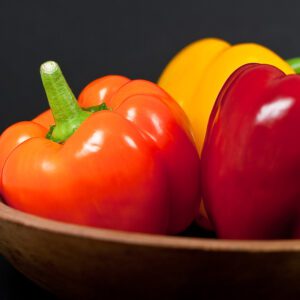 What makes Bell pepper summer vegetables?
What makes Bell pepper summer vegetables?
Summer vegetables refer to those groups of vegetables that do better, having more availability in the summer heat. Bell peppers yield a better harvest in areas with warmer summer nights.
Here are some features of summer vegetables:
- Having the start of summer for their planting season
- Requiring full sun exposure for proper germination
- Requiring consistent watering
- Abundant yield and harvest during summer
- Possess cool hydrating flavors when consumed.
Besides the planting characteristic bell peppers share with other summer vegetables, they are also super hydrating. They contain about 92 percent water, just like watermelon, which is why they lack capsaicin. Capsaicin is the factor responsible for the heat in most chilis. Bell peppers contain zero capsaicin, according to the Scoville measurements. Instead, they have about one-third of the sugar content in a single serving of watermelon—Talking about sweet peppers!
Bell peppers are useful in fresh salads and stuffing, usually featured in most Mediterranean dishes. When eaten raw, they produce a crunchy feel with extra refreshment. However, their skins can be difficult to digest, so that some people might peel off the skin before consumption.
Additionally, they are served mostly as grilled, roasted or stir-fried preparations to make their skins gut-friendly. They turn out well under several cooking methods to add flavor to food. Try adding some of these spices on your peppers for fajita night!
Health benefits of bell peppers
Discussing an edible substance without considering its impact on your health would be absurd. Besides people with bell pepper allergies, they are loaded with health benefits for most consumers.
Here are some!
- They are loaded with antioxidants to fight against free radicals and cellular oxidation.
- They provide support for the immune system.
- Bell peppers have a rich supply of electrolytes, especially potassium
- Their high water content provides sufficient hydration for the body, especially during the hot summer
- They contain an ample supply of vitamin C, which promotes skin health.
Final Thoughts
Bell peppers provide good nutritional benefits while adding color and excitement to plain dishes. Also, their hydrating effect and sweet taste make them perfect examples of summer vegetables.

